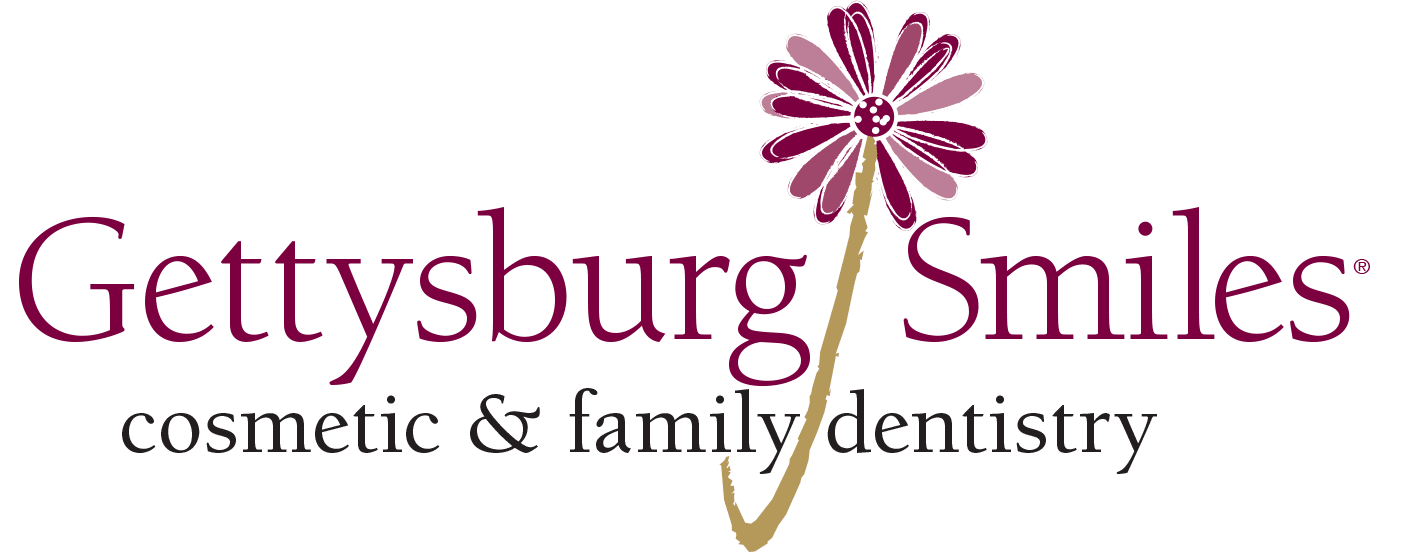As soon as we start growing primary or baby teeth as a child, we begin to visit the dentist on a regular basis. But as we reach adulthood, we may consider attending routine dentist appointments a hassle that we feel tempted to skip.
These dental check-ups provide crucial preventative dental care that could mean your smile’s structure and appearance is in danger without it. But what makes these appointments so vital? Read on to learn more about routine dental care and how important visiting the dentist is for your oral health.


What Happens at a Routine Dental Check-Up?
When you visit your dentist for a routine appointment, they will first clean your teeth. Though you practice oral hygiene at home, you cannot reach all parts of your mouth with a toothbrush and floss alone. Your dentist will scrape away plaque and tartar build-up throughout the mouth, including tricky spots like near the gumline.
The dentist will also perform an oral exam, checking your teeth and gums for signs of potential problems like cavities or gum disease. Then they can provide swift treatment if they do see any issues.
They may also recommend a dental x-ray so that they can monitor the health of the interior of your smile. Catching dental concerns quickly ensures you do not suffer lasting damage to your smile.
How Often Should I Schedule Dentist Appointments?
The average dental patient should attend routine dental check-ups every six months. This establishes an ideal window where the dentist can clean teeth before harmful residues hurt your smile. And they can diagnose and treat early signs of other dental problems to avoid permanent or irreversible harm.
Some dental patients might need more frequent preventative care from their dentist. For instance, senior patients, those with a higher likelihood of tartar formation, and people with underlying health issues may need to see the dentist three or four times a year. Consult with your dentist to form an individualized treatment plan to ensure your smile stays clean and healthy.
What Should I Do During a Dental Emergency?
Even with diligent preventative dental care, you might suffer an accident that hurts your teeth or gums. In the case of a dental emergency, you should call your dentist right away. You do not have to wait until your next regularly scheduled dentist appointment.
The dentist can offer advice on how to manage your symptoms over the phone, and they may ask you to come into their office for urgent restorative dental treatment. Ignoring dental damage could cause the issue to worsen or leave you in danger of further harm to your smile.
Even if you do not feel pain, you should tell your dentist about changes or concerns with your oral health. Pain that may seem tolerable is also abnormal and is worth informing your dentist about.
Sometimes time is of the essence when it comes to restoring your smile, such as if you knock out a tooth. Do not hesitate to call your dentist about any dental injuries or questions about your dental care.
